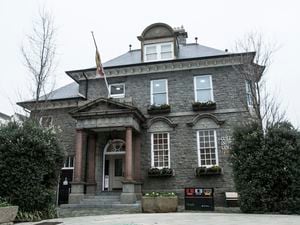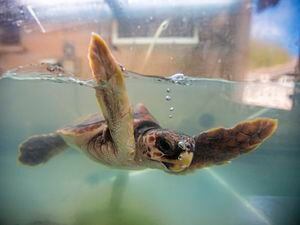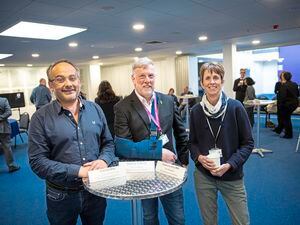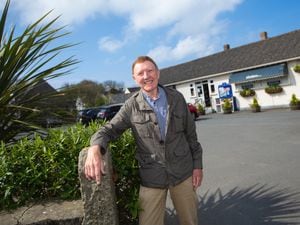Deputies’ minds focused on an energy policy for the next three decades
AN ENERGY policy that is key to the island’s recovery was the focus of most of yesterday’s States meeting.
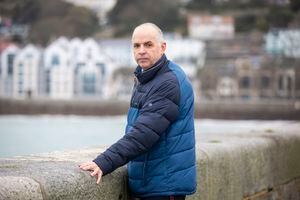
The policy is designed to see Guernsey through the next 30 years and was described throughout the debate as a ‘high level’ and ‘foundational’ document.
It contains more than 20 propositions which include approving the preparation of a business plan for a second, direct, cable link to France by the States’ Trading Supervisory Board and Guernsey Electricity Ltd.
Opening debate, Environment & Infrastructure president Deputy Barry Brehaut said the policy was key to the island’s recovery, which was going to be a focus for the rest of this political term – however long that might be.
‘Clean, reliable and affordable energy supply is a fundamental economic enabler, establishing an environment for the development of locally produced renewables would support the diversification, vibrancy and recovery of Guernsey’s economy,’ he said.
‘Establishing a clean and secure energy supply is a significant component of decarbonisation, and a shift to decarbonisation would be an essential reputational advantage to support the growth of the green finance sector.’
More local energy sources would increase resilience and decease exposure to external geopolitical factors.
The policy would give strategic direction for energy and its flexibility meant it could adapt to challenges now and in the future.
Deputy Lester Queripel wondered if talks had taken place with Alderney with a view to sharing its proposed tidal power installation when it was ready and, if not, would they?
Economic Development president Charles Parkinson said that the work that E&I asked departments to do next would be critical.
He touched on the need for Guernsey Electricity to be able to offer more flexible tariffs, such as to help encourage electric vehicles or for householders to switch to low-carbon fuels.
This view was echoed by Deputy Chris Green who said he thought that the island needed a ‘green new deal’ to provide incentives for green initiatives.
E&I member Deputy Mark Dorey said that by connecting to France, Guernsey was able to tap into a variety of renewables already – tidal, hydro-electric, wave, wind and solar.
While Deputy Al Brouard warned that it was not a good idea for the island to be dependent on cable connections to France, Deputy Neil Inder said he would like to see two and perhaps do away with local generation.
Deputy Jennifer Merrett suggested that in future, as local electricity generators are replaced, that they could be installed at Longue Hougue and slowly have the power station moved there and out of the densely-populated area it was in.
Concerns about the role of ‘the tiger monopoly’ – Guernsey Electricity – in the report were raised by Deputy David De Lisle, who was keen to see competition to bring down costs.
STSB president Deputy Peter Ferbrache said it was not opposed to competition, but not just of the sake of having competition since this had been a disaster in the UK.
Deputy Peter Roffey agreed. ‘The ideological pursuit of competition could be an act of self-harm,’ he said.
. Debate continues this morning.

